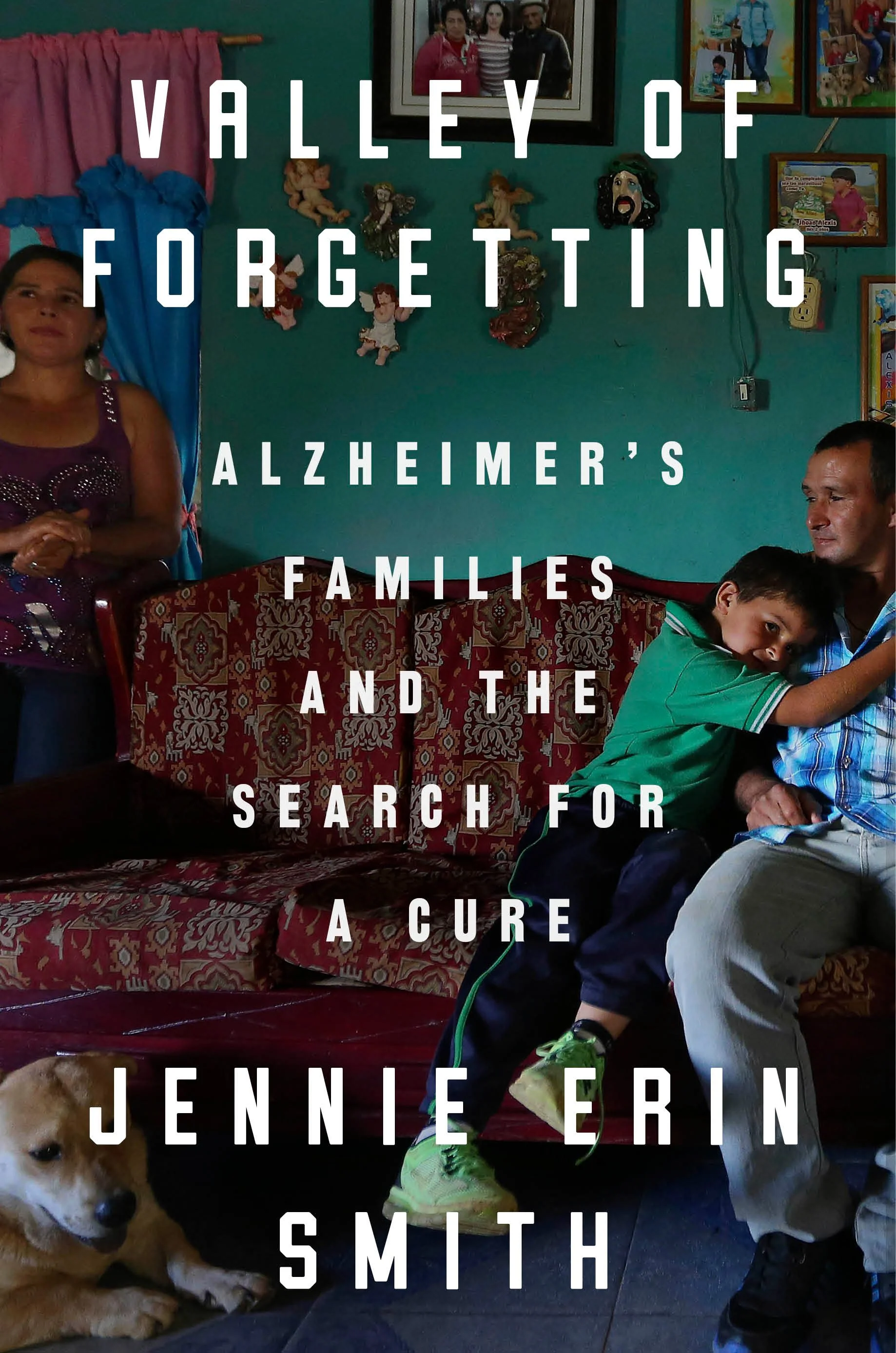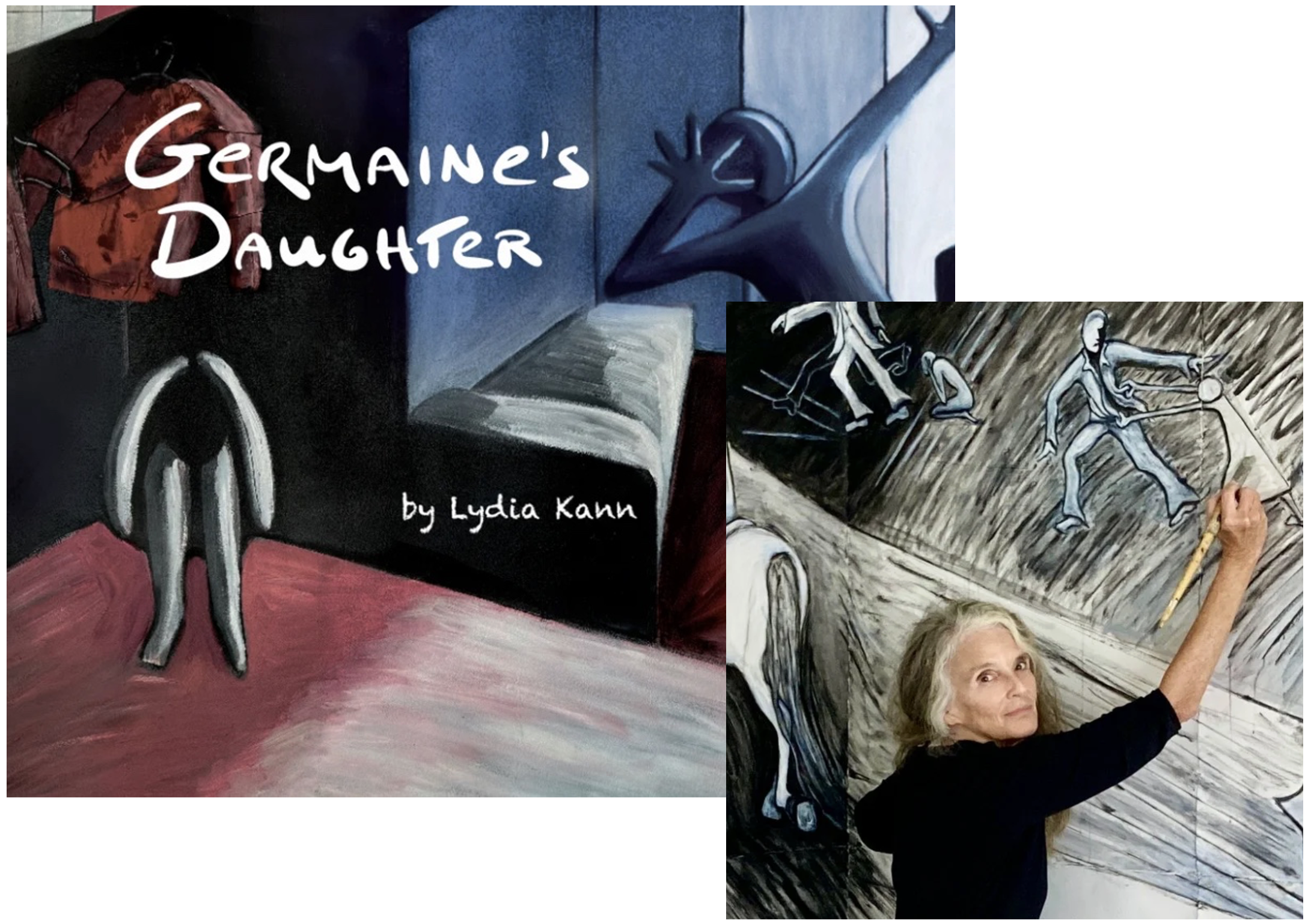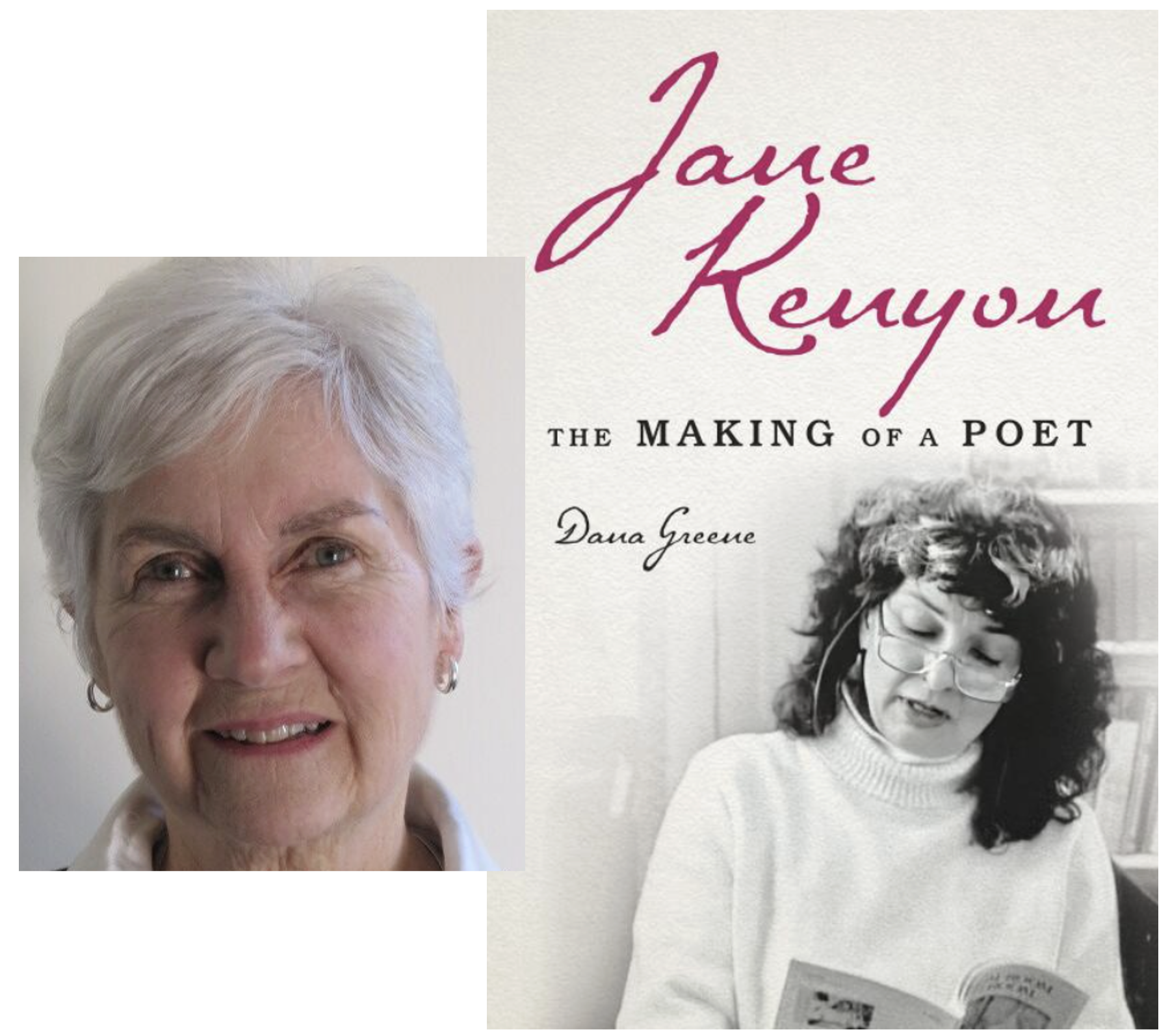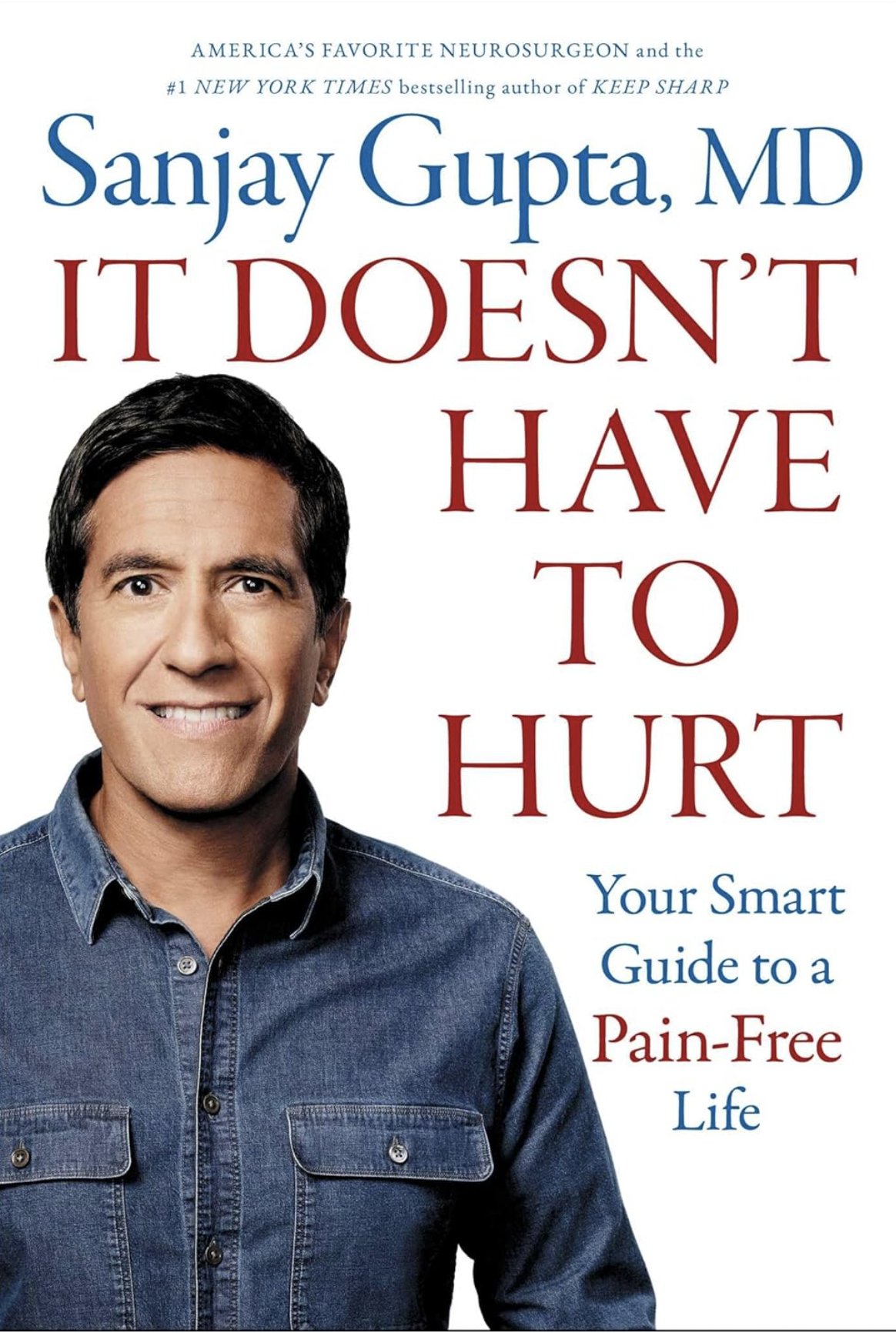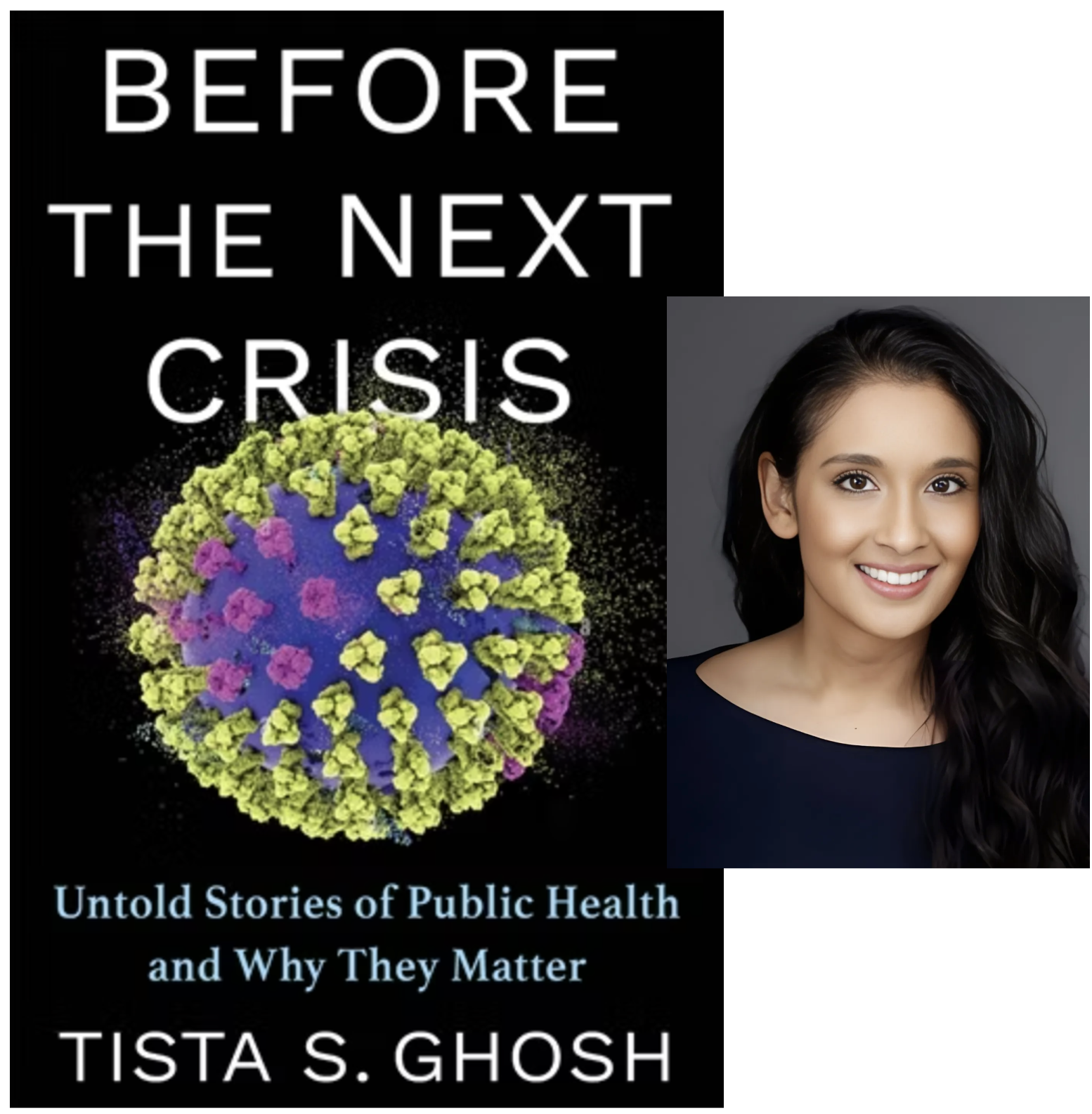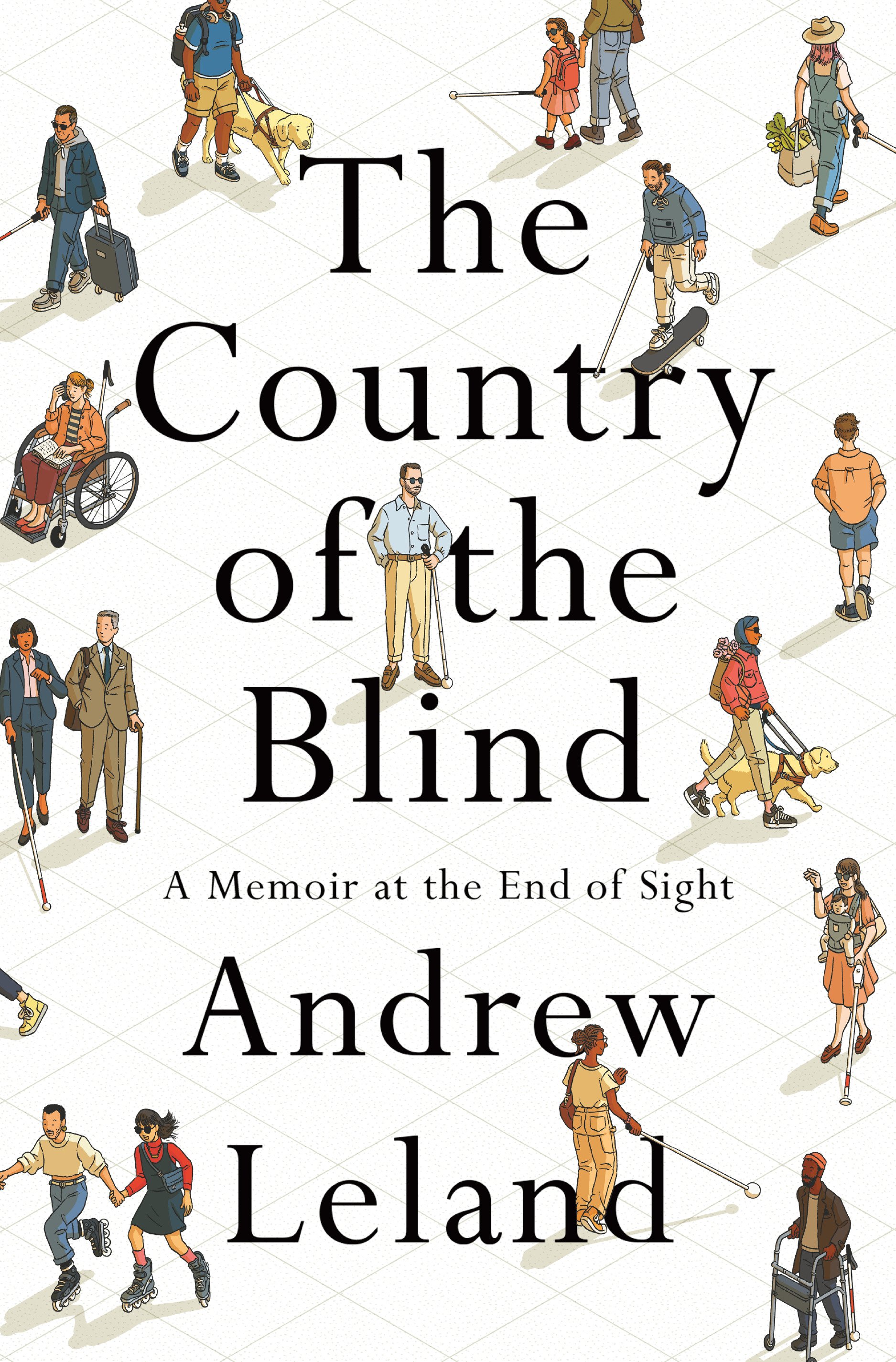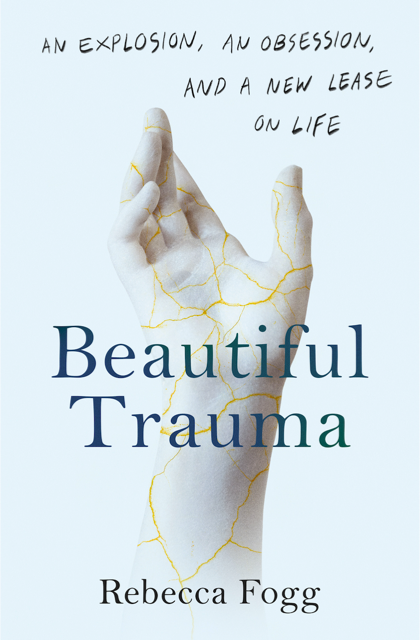Our Long Marvelous Dying is DeForest’s second novel and in some ways narratively follows A History of Present Illness, published in 2022, which challenged the lore of medical education through the story of a student managing her own personal trauma and the wider trauma of American healthcare. Reviews of DeForest’s first novel linked the writer, who works as a palliative care physician at Memorial Sloan Kettering Cancer Center in New York City, to the narrator—and the same might apply to Our Long Marvelous Dying, as many moments seem pulled from the firsthand experience of a physician versed in hospice and palliative care.
In many of the novel’s settings, bereavement surrounds the narrator and often consumes her. But the grief that grounds the story and proves most unsettling for the narrator stems from the death of her absent and unkind father. DeForest structures the story to reflect the narrator’s apprehension towards him. We see him in pieces between scenes in the hospital, and can’t put him together as a whole until the very end. In managing the arrangements for his death, the narrator takes us through their fraught relationship. His favorite story to tell her romantic partners when meeting them for the first time is how whenever she cried as an infant, he said “I never liked you from the beginning.” But the cruelty of his abandonment is in its persistence—he is a “latent monster,” a “ghost” from whom she never stops craving acknowledgement.
Beyond her family, the narrator guides us through additional layers of grief in a way that we never stay long enough in one place to take up the devastation. The world offers constant tragedy—floods, destruction of coral reefs, extinction of thousands of species. And every day the COVID-19 pandemic rages. The reader hears about the refrigerated trucks lining New York City blocks, but what the reader sees in specific detail are the causalities for healthcare workers: their loneliness and coping mechanisms of alcohol use, disordered eating and SSRIs for suicidal ideation. During rounds, for example, an attending physician recounts the peak of the pandemic and says absently, “I am on an SSRI.” Meanwhile, the narrator notices the spring air coming through the window in his office that has “no bars, no screen. Fourteen floors up, with a view of the Empire State Building.” There is an omnipresent threat of self-harm, if not from one tragedy, then from the weight of so many others.
But Our Long Marvelous Dying is not a trauma dump. It confronts the obvious truths we train ourselves to overlook: the truth of death in a hospital, the truth of our own progression to death. It forces the question of “what is the purpose of living?” and does not give a satisfying answer. In this way, the novel’s title does not allude to the hidden deaths in the hospice wings, it alludes to us. Without despair, the narrator states “that all of us will die…that all of us are dead already.” The narrator acts as a palliative-care physician for us all, interpreting the jargon and euphemisms that drown the simple truth of daily tragedy. The sugar coating has dissolved, and she wants to communicate that “no one is coming to comfort you” and “nothing will help.”
One of the most provocative aspects of DeForest’s work is their ability to situate the reader in the day-to-day clinical world. The narrator normalizes death, dying and the grim collapse of human bodies that happens, not because of dispassion, but because of routine. While contributing to the book’s undercurrent of grief, the hospice unit provides meaning on a quotidian basis. On a phone call, in response to a mother’s dismay that her daughter may die before they arrive, the narrator reflects: “of course she can and does die alone.” In another situation, she reflects that an aging actress “dies the same as anyone.” These are tragedies that are contained, expected and managed.
Despite submission to muted sorrow, the narrator still attempts to manage her trauma. The palliative-care fellowship itself, in the view of its program director, draws those with personal layers of grief in addition to their professional interest. For the narrator, her work keeps the despair at bay and allows her to reflect on the minutiae of existence—for example, describing her underground commute as “the long stretch of track between where I live and everything that matters.” In revolving her life around the care of others, she does not have to generate her own will to continue living.
She also tries to endure by tempering her connections, especially to her husband Eli, a “well-adjusted” and handsome chaplain with a network of friends who adore him. The constant in their marriage is the restrained threat of its end, from “red flags” or laments that “it isn’t working.” This sense of detachment also manifests with her niece Sarah, who she describes as her “temporary daughter” while Sarah’s father is unable to care for her due to his substance use. We learn that an intergenerational dearth of attention and love has conditioned the narrator to the security of pain rather than love; the cycle of abuse contributes to her decision not to have children. The place where she seeks connection is a monastery out of the city, where she arrives and departs anonymous to her peers.
While there is no neat resolution, the protagonist steadily approaches the grief that eludes her—the death of her father. We see this through the lengthening of the scenes themselves. Initially, we learn about her father in brief moments between scenes of her palliative-care fellowship; by the end, we are allowed to linger as she sorts through his belongings. For a person who asks uncomfortable questions (Are you happy?) and speaks revolutionary words in a hospital (death and dying), the narrator takes her time to confront his death. She asks a rabbi at the hospital what to do after death about the bad acts her father committed in his life. Just as she can cut through medical euphemisms and jargon, he cuts through her question: “The weight you feel, he says, is not a need to forgive anyone. Just call it grief. Call it trauma.”
In Our Long Marvelous Dying, DeForest challenges our discomfort with death and instead leads with loss and our search for meaning within it.—Margo Peyton

